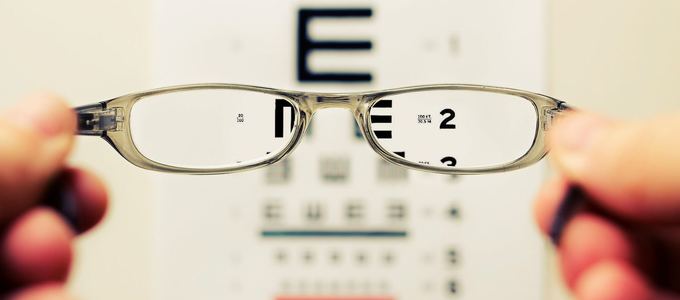Making a disability claim? The fine line between having an impairment and it being considered a disability.

Often individuals suffer from multiple complaints that could in essence be considered as a Disability in accordance with the Equality Act 2010. Recently, colour blindness has been determined within the Employment Tribunal as an impairment, but the Claimant’s red-green colour blindness could not be considered a disability under the Equality Act 2010. Cases such as this could leave many wondering whether or not they have the right to make a disability claim.
How is disability defined?
Under the Equality Act 2010 a person is disabled if he or she has a physical or mental impairment and the impairment has a substantial and long term adverse effect on his or her ability to carry our normal day-to-day activities.
What is considered as a ‘normal’ day-to-day activity?
In general, day-to-day activities are things people do on a regular or daily basis, and examples include: getting washed and dressed; preparing and eating food; carrying out household tasks; shopping; reading and writing; having a conversation or using the telephone; watching television; walking and travelling by various forms of transport; and taking part in social activities.
The Claimant in the colour blindness case argued that his condition affects the normal day-to-day activities of cooking, reading/interpreting documents and watching sport. He could not determine the freshness of food by looking at it, documents and maps in certain colour ways are difficult to read and he struggles to follow sports matches on television properly.
What is a substantial adverse effect?
When considering the impact an impairment has on carrying out day-to-day activities, the two factors to assess are: the time taken to carry out an activity and the way in which an activity is carried out. These should both be compared with the time and manner it might take a person who does not have the impairment. If it is markedly longer or different it would suggest that the impairment has a substantial adverse effect on a person’s ability to undertake the activity.
An impairment might not have a substantial adverse effect on a person’s ability to undertake a particular day-to-day activity in isolation. However, it is important to consider whether its effects on more than one activity, when taken together, could result in an overall substantial adverse effect.
In relation to the colour-blindness case, the employment tribunal pointed out that the coping strategies he had meant that his colour blindness did not substantially affect the activities he had outlined. He could use smell and texture to determine the freshness of food, there was no reason to believe that it would take appreciably longer to get the hang of forms or maps than most people and commentary and subtitles are normally available when watching sport.
The employment tribunal therefore concluded that his colour blindness does not have a substantial and long term adverse effect on his ability to carry out normal day-to-day activities and therefore it is not a disability under the Equality Act 2010.
What are your rights when making a disability claim against an employer?
There are many reasons for which someone may decide to make a disability claim against an employer. Disability discrimination occurs when someone is treated differently or less favourably to other people because of disability. Employers have a responsibility to make ‘reasonable adjustments’ for a disabled employee and failure to do so can result in a discrimination complaint.
It is important to understand the difference between a disability and an impairment before making a claim but, if you do feel that you have been discriminated against, you have the right to make a disability discrimination claim.
The interesting fact arising from this case is that its is possible for mental and physical conditions could be considered as a Disability if they are able to meet the definition in its entirety. It is believed many individuals are continually trying to manage in difficult situations in the work place as they do not consider themselves to be ‘disabled’. It may well be that you are suffering with a disability that would afford you the protection of the provisions contained within the Equality Act 2010 meaning you have rights not to be discriminated against.
Making a Disability Claim with Lawson-West
At Lawson-West our professional employment solicitors can advise you on how to make a disability claim. It’s advisable to speak to the employer first to try and resolve the matter but, if this does not work and you believe you have been discriminated against, you may be able bring a claim to an employment tribunal.
Our team are experts in Employment Law and matters associated with Disability Discrimination. We offer free initial advice at a time suitable to you. Call 0116 212 1000 today to receive advice from a member of our Employment Team.
View all
